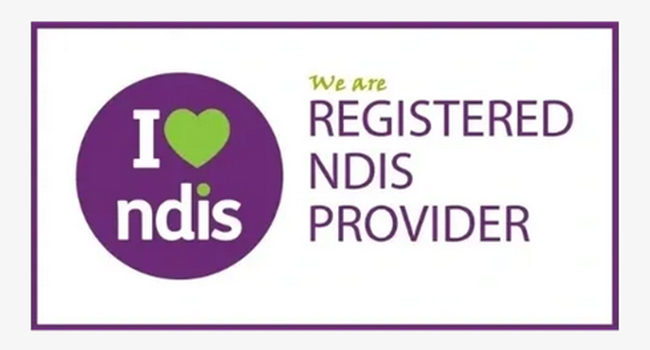Personal Activities !
Our Services
NDIS Daily Personal Activies Assistance :

Daily Personal Activities, often referred to as Activities of Daily Living (ADLs), are routine tasks that individuals typically perform as part of their daily self-care. These activities are essential for maintaining one’s health, hygiene, and overall well-being. In the context of disability and support services, assistance with daily personal activities is often provided to individuals who may face challenges or require support due to physical, cognitive, or sensory impairments. Here are common daily personal activities:
1. Personal Hygiene:
Activities such as bathing, showering, grooming (hair care, shaving, and oral care), and toileting.
Assistance may involve helping with these tasks or providing guidance to ensure personal hygiene is maintained.
2. Dressing and Undressing:
Selecting appropriate clothing, putting on or taking off garments, and fastening buttons or zippers.
Individuals may receive support in choosing clothing, managing fasteners, or physically assisting with dressing and undressing.
3. Eating and Drinking:
Preparing meals, feeding, and drinking independently or with assistance.
Support providers may assist with meal preparation, offer feeding assistance, or help individuals use adaptive devices for eating and drinking.
4. Mobility and Transfers:
Moving from one place to another, including walking, using mobility aids, and transferring from a bed to a chair.
Assistance may involve providing physical support during transfers, helping with mobility devices, or ensuring a safe environment for movement.
5. Continence Management:
Maintaining control over bowel and bladder functions.
Assistance may include reminding individuals to use the bathroom, providing support with hygiene, and helping manage continence aids.
6. Medication Management:
Taking prescribed medications at the right time and dosage.
Support providers may assist with organizing medications, reminding individuals to take them, or providing physical assistance if necessary.
7. Communication:
Engaging in verbal and non-verbal communication, including speaking, listening, reading, and writing.
Individuals with communication challenges may receive support in using communication aids, interpreting written information, or developing communication strategies.
8. Social and Recreational Activities:
Participating in social and recreational activities for mental and emotional well-being.
Assistance may involve helping individuals access community activities, engage in hobbies, or connect with peers.
9. Cognitive Support:
Managing cognitive tasks such as memory, problem-solving, and decision-making.
Individuals with cognitive challenges may receive support in organizing tasks, implementing memory aids, or practicing cognitive exercises.
10. Sleep Hygiene:
Establishing and maintaining healthy sleep patterns.
Assistance may involve creating a sleep routine, providing relaxation techniques, or addressing factors affecting sleep.
Support providers, including those under the National Disability Insurance Scheme (NDIS), play a crucial role in assisting individuals with disabilities in these daily personal activities. The level and type of support are tailored to the specific needs and preferences of each individual, promoting independence and enhancing their overall quality of life.
